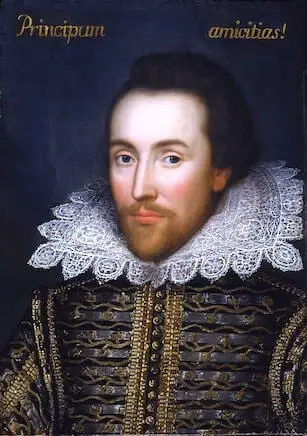Disappear without trace.
Vanish into thin air
What's the meaning of the phrase 'Vanish into thin air'?
What's the origin of the phrase 'Vanish into thin air'?
Shakespeare came close to this phrase in Othello, 1604:
Clown:
Then put up your pipes in your bag, for I’ll away. Go; vanish into air; away!
and closer still in The Tempest, 1610:
Prospero:
These our actors, as I foretold you, were all spirits and are melted into air, into thin air
It seems clear that Shakespeare coined the terms thin air (which has been widely used since the 17th century by a diverse collection of authors, including John Milton (1671), William Blake (1800) and Ed McBain (1977) and vanish into air, used by lesser-known author; James Hogg, in his work Mountain Bard, 1807. Shakespeare didn’t put the two together to make vanish into thin air though. The first use I can find of that phrase, which is clearly an adaptation of Shakespeare’s terms, is in The Edinburgh Advertiser, April 1822, in a piece about the imminent conflict between Russia and Turkey:
The latest communications make these visions “vanish into thin air.”
See other phrases and sayings from Shakespeare.
The history of “Vanish into thin air” in printed materials
Trend of vanish into thin air in printed material over time
Related phrases and meanings
Browse more Phrases
About the Author

Phrases & Meanings
A-Z
A B C D E F G H I J K L M N O P Q R S T UV W XYZ
Categories
American Animals Australian Bible Body Colour Conflict Death Devil Dogs Emotions Euphemism Family Fashion Food French Horses ‘Jack’ Luck Money Military Music Names Nature Nautical Numbers Politics Religion Shakespeare Stupidity Entertainment Weather Women Work
How did we do?
Have you spotted something that needs updated on this page? We review all feedback we receive to ensure that we provide the most accurate and up to date information on phrases.
